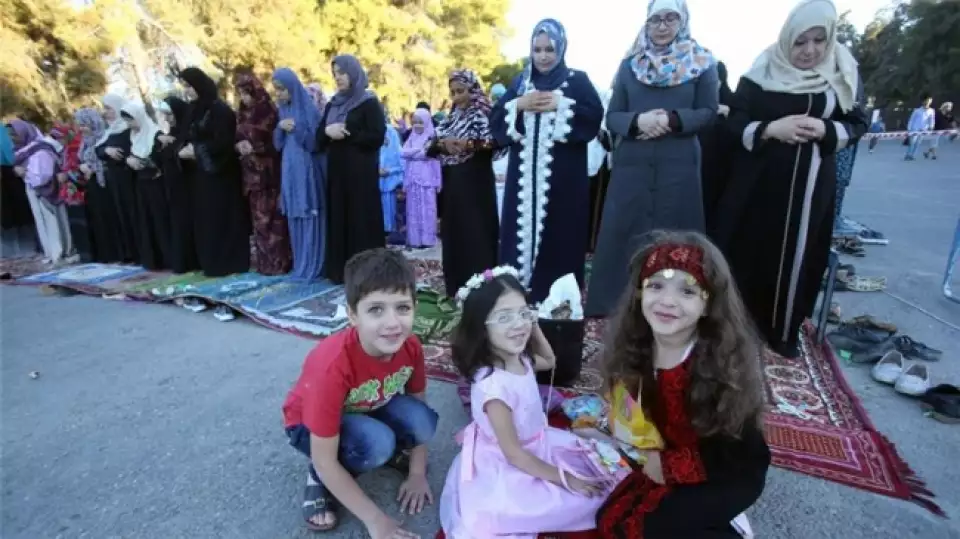Originally published by Zakat Foundation of America Public Relations Coordinator Jamie Merchant at Al-Jazeera English.
The end of August capped the most lethal month for the city of Chicago in almost 20 years. The dry statistics tell but one part of the tale: So far, more than 500 people were shot and killed.
The numbers do not remotely convey the full impact of the lives lost, futures snuffed out and communities shattered by the worst chronic urban crisis in the United States.
In cities across the country, decades of disinvestment, de-industrialisation, and cutbacks to social services have left an entire generation of African American youth with few options for decent employment.
Meanwhile, a morbid string of high-profile police shootings drives a wedge between the police and the very communities they have committed to protect, creating an atmosphere of distrust worsened by a pervasive feeling that the police are unaccountable for their actions.
These cycles of violence are the wages of deprivation. They are the terminal signs of a social order ripping apart at the seams under the crushing weight of systemic racism, as minority communities are targeted by unfair social policies and deepening inequality as ever more wealth is redistributed upwards to the very rich.
This is neither a humane way to organise society, nor a recipe for social stability. And if nothing changes, then we face an inevitable future of escalating hostility and quickening disintegration.
We have lost touch with the basic ethical commitment to equality and inclusion that is at the foundation of any genuine community, but such an idea is not as unimaginable as many might think.
In fact, today, the Islamic holiday of Eid al-Adha, is a striking example of this idea in action. Literally "festival of the sacrifice" in Arabic, the holiday commemorates the prophet Abraham's unyielding devotion to his faith in his willingness to sacrifice his own son, and God's intervention in which He instructed the prophet to offer an animal instead.
The egalitarian ethics of Eid
Every year on Eid, the Muslim community celebrates the spirit of unconditional generosity at the heart of the Abrahamic religious traditions by distributing provisions and fresh food to neighbours and the poorest in the community simply because they are human beings, regardless of who they are or where they are from.
The core values of self-sacrifice and generosity unconstrained by the cold logic of the balance sheet: Such is the absolute ethic of care that animates the spirit of Eid.
It is a communion of radical equality that brings people together regardless of material, social or ethnic differences.
More accurately put, it overcomes those differences - and as such, it represents the nucleus of a truly egalitarian social vision.
Today, and in the days that follow, Muslims across the world will be sharing food and provisions with the forgotten and giving back to communities at risk everywhere, from every cultural background.
The equitable division of the wealth of society and the bounty of the earth between all people, regardless of their social station, is seen as a cardinal obligation for Muslims.
Whether it's sharing free meals on Chicago's South Side, rebuilding burned-down churches, or simply giving to provide health and educational resources to underserved groups around the world, the Muslim community is stepping in to provide vital help to people who desperately need it and are routinely ignored by the political and business elite (PDF).
These acts are silent but powerful protests against the backwards priorities of a society that constantly places the interests of the rich above the rest, and that turns a blind eye towards the misery, anxiety and aggression that such an arrangement inevitably creates.
Ultimately, the grim wave of rising hostility unfolding across the entire country is not a cause, but an effect, of a lost sense of moral order.
Restoring a lost moral order
Sometime over the last three or four decades, the idea that it is society's obligation to provide the material basis for the health and happiness of all its citizens completely vanished from our social and political lexicon.
As a result, a deadly malaise of helplessness and hopelessness is engulfing our communities, and where there is no hope for the future, the turn to violence is almost guaranteed.
We can hardly imagine what a comprehensive social arrangement would look like any more, one that would provide the basics necessary for a flourishing life to all, without qualification.
Our moral imagination has become so stunted that the very notion might seem outlandish to some.
Yet, the traditions of Eid are a living microcosm of the kind of society we could have if we were to truly commit to recovering the kind of all-encompassing moral vision that we desperately need, excluding no one from the communion of human equality.







